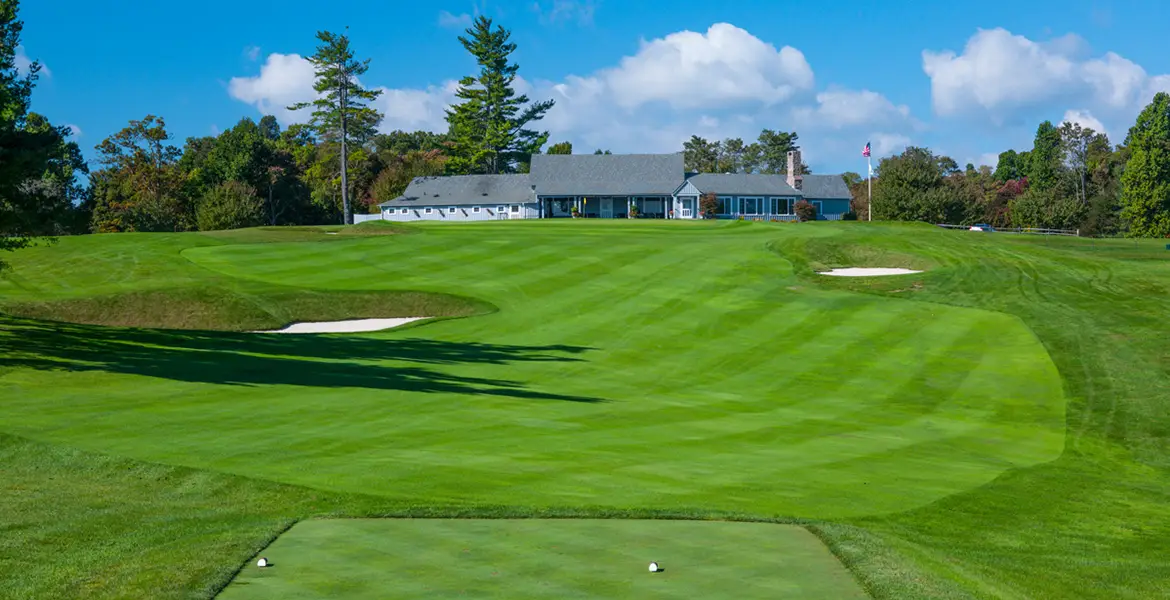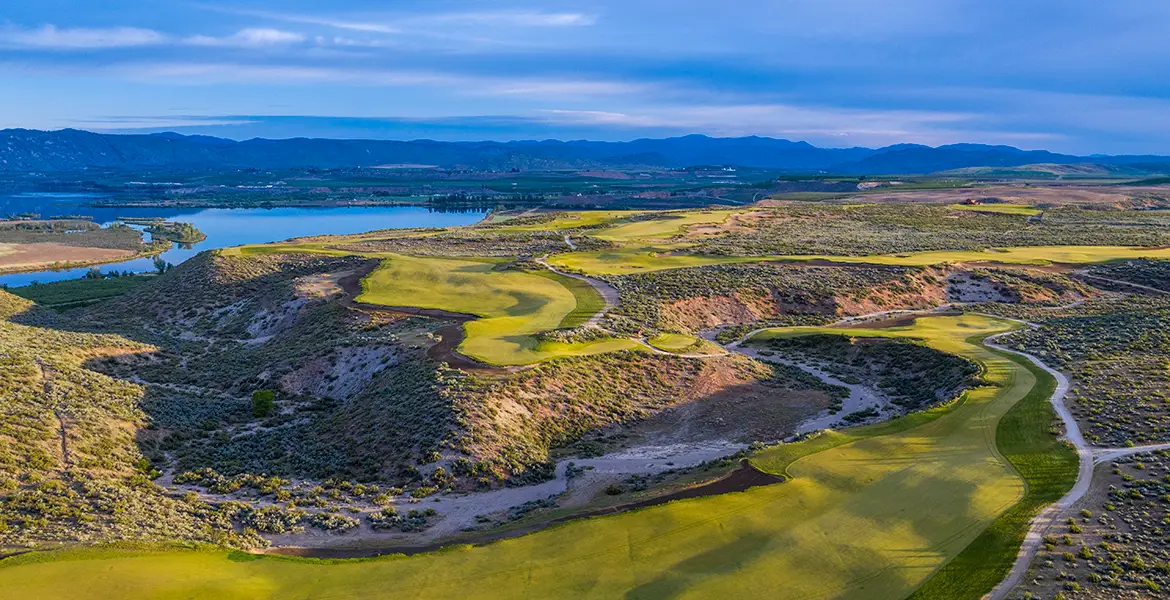I was planning to write about Tom Watson—whose 70th birthday is September 4—even before his announcement during the recent Senior British Open that it would be his last appearance in a major championship. Actually, calling it an “announcement” is wrong: There was no press release, no scheduled event, just Watson mentioning during a TV interview that he was done with the majors.
Very matter of fact, which is exactly what we should have expected. And rather than diminishing my reasons for writing about him, Watson’s departure from golf’s pre-eminent stages reinforces the most important point I’d hope to make: That he did things right.
When I got to talk to him a few days after he returned to his native Kansas City from Britain, he continued to do it right. He called me when his people said he would (he actually apologized for calling five minutes late; when I said that was as good as on time he said, “Five minutes late for your tee time and you don’t play!”). In fact, he tried me three or four times, calling immediately every time one of our cellphones lost service. And he gave me thoughtful answers, especially thoughtful for someone who’s no doubt heard all the questions before.
This was the first time I’d ever spoken one-on-one with Watson, but he’s the golfer I’ve most wanted to interview. I always thought if we sat down somewhere and started chatting, we’d talk for hours without noticing that the time had passed. He struck me as more introspective than most Tour pros, more respectful of the media, and definitely more intelligent: He’d gone to Stanford, after all, and graduated. With a psychology degree, no less, something I’d always wanted to ask him about, if that course of study had helped him as a player.
“When I went to college I was unsure what I wanted to do,” he said. “Golf was certainly a part of it, but frankly I didn’t think about a pro career my first couple of years there. I was experiencing a new life in California, away from Kansas City, a lot of things were going on. It was during the Vietnam War, there was a lot of acrimony and a lot of new thoughts and attitudes I had to deal with. Golf was certainly not on the front burner.
“I chose a psychology course,” he said, working his way around to my question, “basically out of default. I started in economics, didn’t do very well, and changed my major to something more interesting. Did it have any effect on my future life or career? Not particularly. I can’t say that there were things that I learned that helped me in my professional career.”
Thoughtful, and honest.
Watson is just a few years older than I am, the rising star when I first discovered the game. Probably around his “Duel in the Sun” with Jack Nicklaus at Turnberry in 1977, I started rooting for him, someone with longish hair like mine, but who carried himself like the adult I was struggling to be. I think it was his Huck Finn features and calm demeanor—along with an indomitable spirit and game to match—that endeared him to the British as it did to me. Another golf journalist recently wrote that Watson is the true descendant of Ben Hogan, but Tom was always so much more joyful: I can’t imagine Hogan throwing his arm around another player’s shoulders as they battled for The Claret Jug.
About 20 years ago, I was playing the Old Course at Ballybunion in rain so hard and sideways that I had to stop after nine. In the giant garage under the Ballybunion clubhouse, peeling off my “waterproofs” yet still soaked to the bone, I realized I was standing next to two Americans about my age giggling like schoolgirls as they unwrapped from their soggy rainsuits while recounting their full 18-hole round: It was Watson and Ben Crenshaw, happy as five-year-olds sloshing in the mud.
Tom—I can call him Tom now, can’t I?—wouldn’t admit to any regrets. “Losing the playoff in the PGA was a disappointment,” he told me. “I don’t regret not winning the PGA. If I won it, I won it.”
He hopes to design more golf courses, and when I complimented him on Cassique, the private course on Kiawah Island, he quickly shared the credit, saying, “It isn’t a Tom Watson design, it’s a Tom Watson-Charlie Arrington design.”
He’ll play a few Champions Tour events, notably with his good friend Andy North in the Legends and the season-opening Mitsubishi at Hualalai because “getting out of the cold in January to Hawaii is a pretty good gig.”
We talked about his charity work—getting kids into the game is “a passion”—including for ALS, which took his long-time caddie Bruce Edwards as well as a friend of mine who Tom knew, too. “I promised Bruce that I will continue to raise funds for people with ALS until they find a cure.”
His new passion is riding cutting horses with wife Hilary. “She’s been involved for years and I decided to jump in and it’s been great. Something brand-new in my life. I jumped in as a total newbie, a rank amateur. I’m not quite as rank as I was.”
I asked him to sum it all up.
“I’ve been able to play a game for a living. That’s the greatest blessing I could ever have. A game my father introduced me to, I fell in love with it early and made it a career.
“Throughout my career I had ups and downs as people have in their lives. I achieved the dream, to play with the best and at times beat the best and be able to win the tournaments I always dreamed about winning.” Happy birthday, Tom. You had me at hello.






